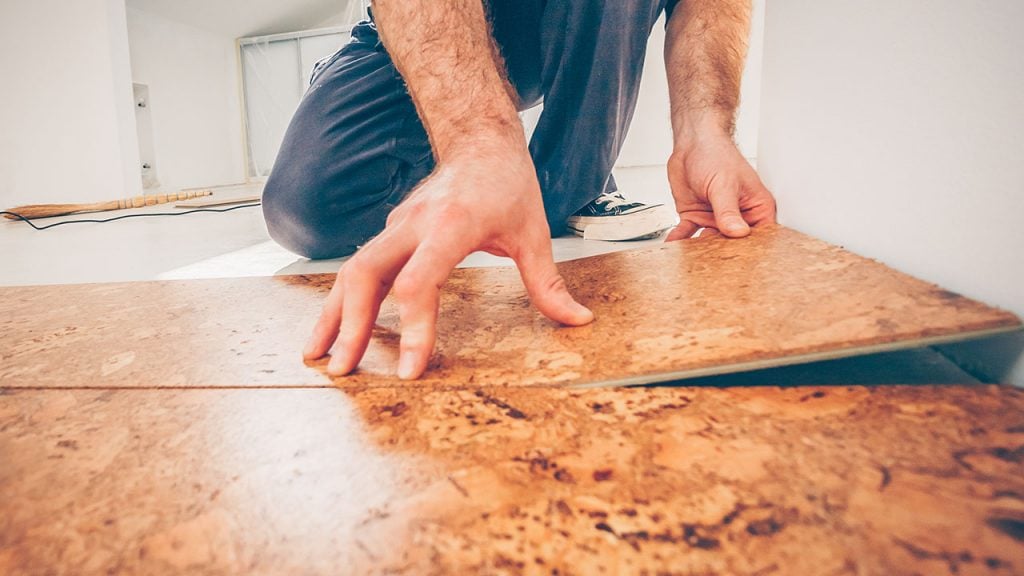Next in flooring: Sustainability in the flooring industry
Pavimenti

Rod Bayless

We’re seeing an undeniable shift in the global conversation toward sustainability, a dialogue that’s resonating throughout every industry. The flooring industry, certainly, isn’t immune to this shift.
Consumer demand for sustainable alternatives, such as cork and bamboo flooring, is on the rise, indicating a tangible change in attitudes and behaviors. As the General Manager of Flooring at Cyncly, I see the transformative impact this is having on our industry and the regulatory influences that are helping to shape its trajectory.
One piece of legislation that has demanded an industry-wide response and highlights the direction we are moving in is California’s AB 729. This act mandates that the carpet stewardship organization, CARE, imposes a differential assessment on each square yard of carpet sold, a charge that mirrors the recycling cost burden intrinsic to each carpet type.
Introducing higher taxes and fees on synthetic products as we see in California and some other states, is pushing the industry to adopt and promote more environmentally friendly alternatives. At Cyncly, we’ve seen first-hand the need to adapt and evolve in response to such regulatory changes. Our flooring product tracking and sales systems now consider the environmental footprint of each product, and our range now includes a wider variety of sustainable offerings.
The shift towards sustainability does pose challenges. However, I firmly believe that our industry is showing remarkable adaptability and resilience in navigating this new territory. Change can be difficult, but it also stimulates innovation and advancement. We’re witnessing companies embrace this change, realizing that sustainability is not merely a passing fad, but a key component of our industry’s future.

We should not forget that adopting sustainable practices offers advantages that go beyond the obvious environmental benefits. It resonates with our customers, strengthens our brands, and potentially paves the way to new markets.
More than that, this move towards sustainability provides a strategic way for businesses to insulate themselves against future shocks. By staying in step with evolving consumer expectations and regulatory requirements, we’re not just ensuring our longevity; we’re actively contributing to a more sustainable world. This is a responsibility that we should all willingly embrace.
Embracing sustainable practices is not a cost, but an investment in our collective future. It’s a strategy that secures our place in an increasingly eco-conscious world.
The journey towards sustainability may present a few obstacles, but I see this as a time of immense opportunity for adaptation, innovation, and making a positive global impact. This viewpoint gives the flooring industry clear direction as we ride the wave of sustainability. Change may be challenging, but it is also the catalyst that drives us to a better, greener future.
Related blogs

Effective sales tips to boost your flooring business
Whether you're a seasoned pro or new to the flooring industry, these actionable tips can help you increase sales, improve customer satisfaction, and stand out in a competitive market.

The Rule of 3 in flooring sales: A strategy to boost customer satisfaction and close more deals
In the competitive world of flooring sales, standing out means offering a customer experience that feels both personalized and efficient. One powerful technique to achieve this is the "Rule of 3".

Navigating cost and margin pressures in the flooring industry to grow revenue
Learn about the financial challenges faced by flooring companies and adaptive strategies to maintain profitability and expand operations despite the economic landscape.